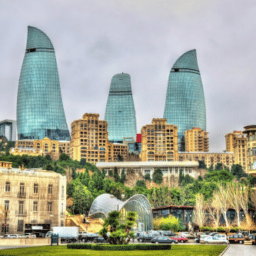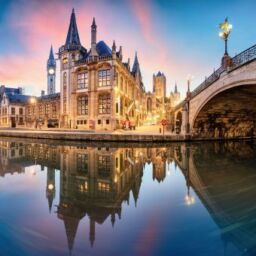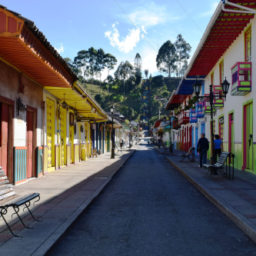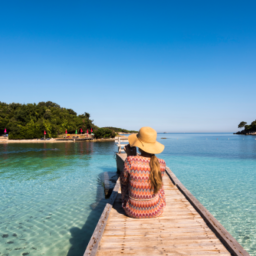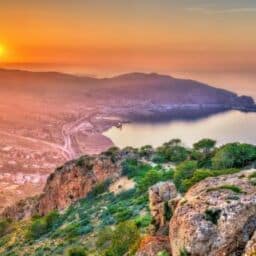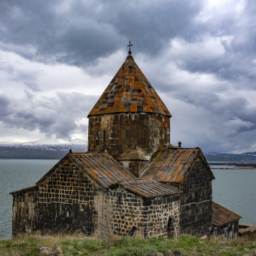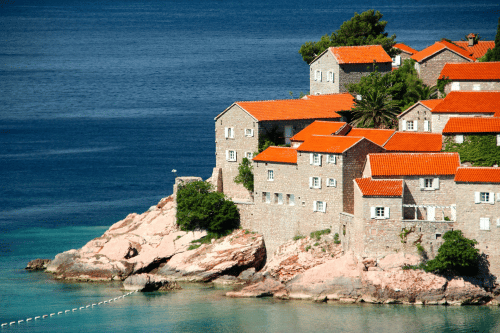
Very popular among tourists, Montenegro is one of the countries of former Yugoslavia. The dissolution lasted from the 90s until 2006 when Serbia and Montenegro formally split as the result of independence referendums. A separate Montenegro language is an important symbol for the citizens of this country.
So what language is this, and what is characteristic about it? And is it the only language that you can stumble upon when visiting Montenegro? We answer these and other questions in this text.
Contents
The official language of Montenegro
In 2007, the Montenegro government declared the Montenegrin language as the only official language of the country. In practice, however, the majority of the population still spoke Serbian, and Montenegrin was only second. It’s not a huge problem as both languages don’t differ greatly from each other, and from Bosnian and Croatian which – along with Albanian and Romani – can also be often heard on the streets in this country.
Montenegrin and Serbo-Croatian languages
Both Montenegrin and Serbian languages are variations of the Serbo-Croatian language, and the only differences are the letters ś, ź and đ, and the pronunciation of ije.
The term Serbo-Croatian language carries some controversial connotations in the Balkans. It includes the South Slavic languages spoken by people in Serbia, Croatia, Montenegro and Bosnia. Each of these countries values its independence very much and emphasizes the distinctiveness of national languages at every step.
Linguists do not necessarily agree with this, because all these languages are based on one basis – the Shtokavian dialect. Out of respect to their users, however, it is better to consider the languages as distinct.

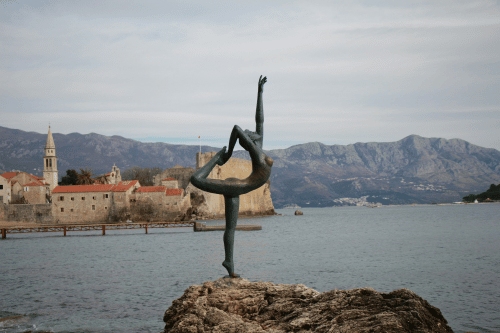
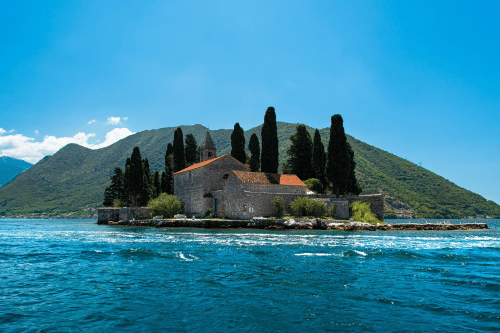
Two alphabets
Traditionally, the Cyrillic script was used to write Serbo-Croatian languages. However, because of the large tourist traffic and relatively low knowledge of East Slavic symbols among visitors, the Latin alphabet is often used as the much more popular option. Menus in restaurants, signs, street names, tourist information, etc. – everything is usually transcribed using the Latin alphabet.
As in many other countries of the former Yugoslavia, there are also political movements in Montenegro to withdraw the Cyrillic alphabet completely and replace it with the Latin alphabet. Why does it matter? For local residents, this is another way to emphasize that the Montenegrin language is a separate and unique.
Foreign languages in Montenegro
Knowledge of foreign languages is always an asset when dealing with foreigners. And so it is common for locals in a place as often visited by tourists as Montenegro. Therefore, Montenegrins living in tourist towns speak other languages quite well. Whether you speak English, German, or Russian; sooner or later you will find someone who understands you.
What about other users of Slavic languages?
Even though Montenegro is up to two thousand kilometres from some of the other Slavic-speaking countries, the languages don’t differ that much. The words often sound much alike across all the Slavic languages. If you speak one, just take a look at the list in the later part of the article.
Slavic tourists are also well-known in Montenegro. And so the Montenegrins working in the tourism industry do their best to accommodate them. For instance, in southern cities such as Ulcinj, the staff often speak at least basic Polish, and menus, signs, and flyers are translated into Polish.
Basic phrases in Montenegrin
When travelling, it is always worth learning at least the basic phrases in the local language. Locals always appreciate tourists who have taken the time to learn even a few phrases.
- Hello – Dobar dan (before 10 AM Dobro jutro).
- Good evening – Dobro veče.
- Goodbye – Do viđenja.
- Goodnight – Laku noć.
- How are you? – Kako si?/Kako ste?
- Thank you, good – Hvala dobro.
- Thank you / thank you very much – Hvala/hvala puno.
- I don’t understand – Ne razumem.
It’s good to know the languages
Montenegro is definitely one of the places worth visiting. Knowledge of Montenegrin is not necessary to communicate with the locals. However, certainly, it is good to brush up on your English before you go there. You can do that by taking part in one of our language courses.
Our offer includes courses in English, French, German, Spanish, Italian, and other languages. With us, you will learn the language of your dreams. We organize classes for both companies and private individuals.
And if you need someone who could translate your documents to Montenegrin or provide help during a meeting with clients from Montenegro – contact our translation agency. We are here to help you!

